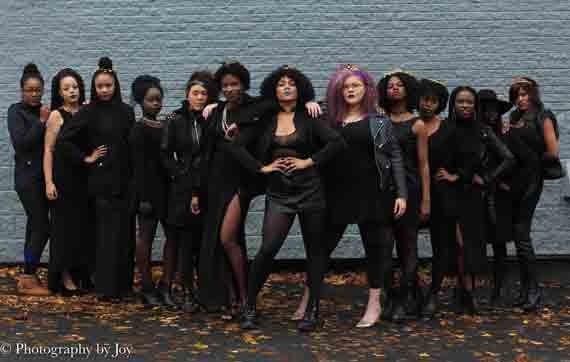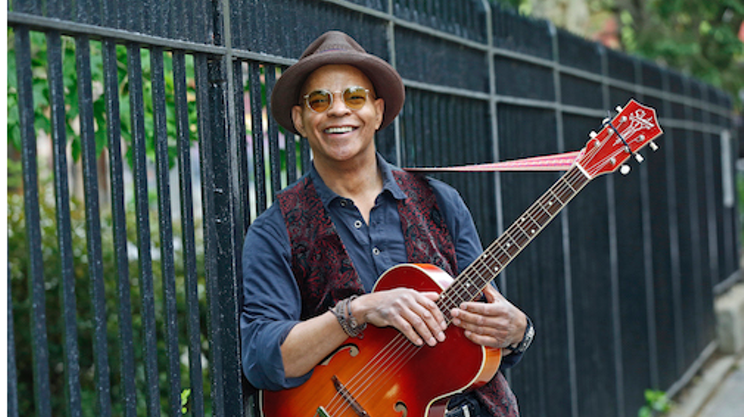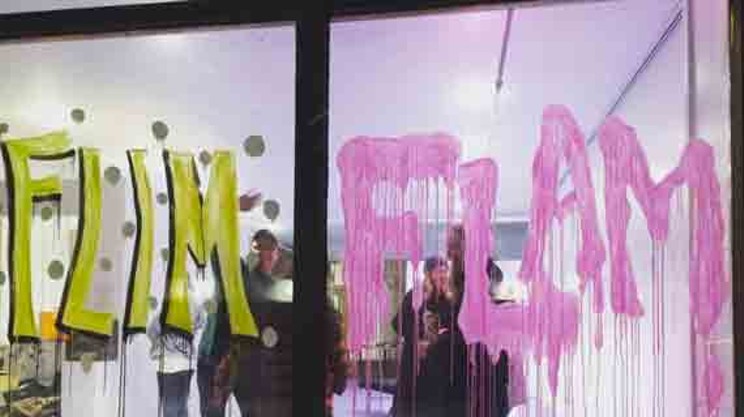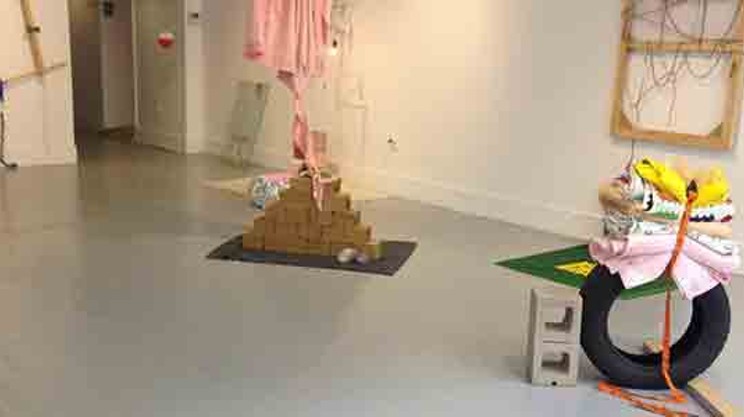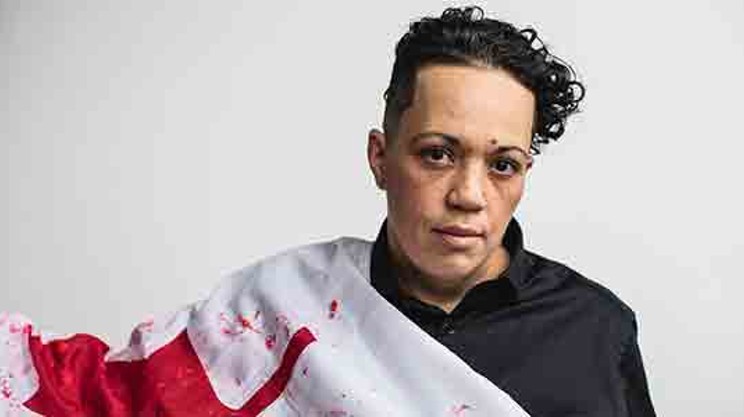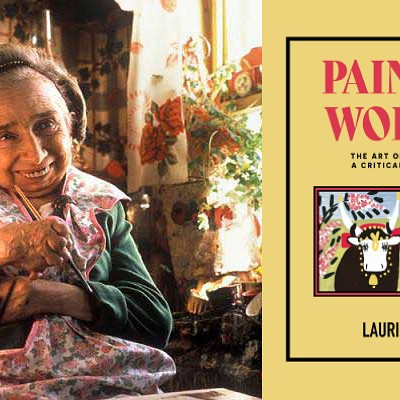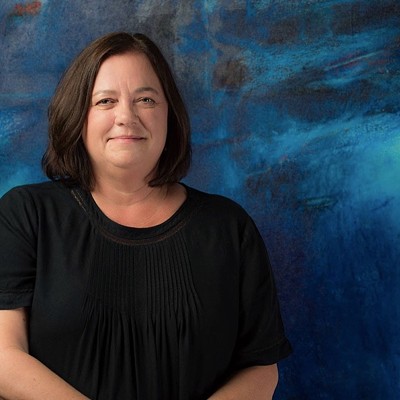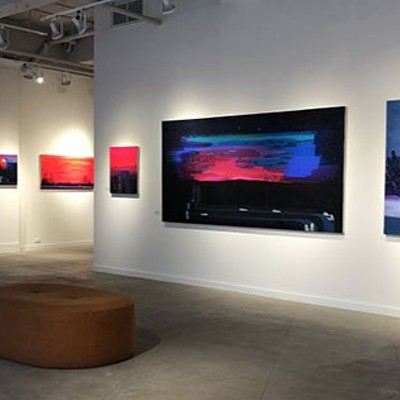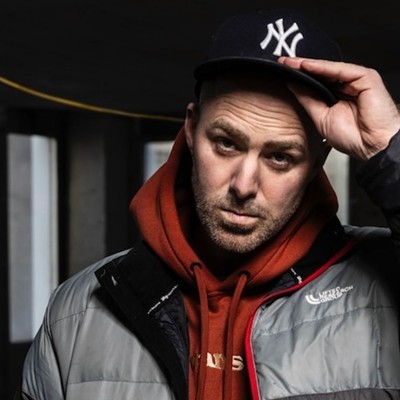Transparent Saturday, January 28, 6pm The Bridge, 5553 Bloomfield Street
Kate MacDonald and Emma Paulson huddle outside a Starbucks. Sheltered from winter wind by a small alcove, they eagerly tell their story over speakerphone.
They run The Magic Project, an organization dedicated to empowering Black and queer Canadians through art and photography (find them on Facebook to get involved). Their first event, Black Girls Are Magic, was a photoshoot featuring African Nova Scotian women, which was later followed up with Black Kings Are Magic, which featured African Nova Scotian men.
"We got a lot of killer shots, had a really great day and made a lot of new friendships, so I think we served the purpose we set out to," Paulson says.
Now, they're gearing up for more. On January 28, they're holding an event called Transparent, at The Bridge on Bloomfield Street. Half discussion forum, half musical performance, Transparent aims to address issues facing Black men in Halifax and nationally.
Coco Marie is a local drag artist who participated in Black Girls Are Magic. She found the experience affirming. "I'm a magical person, a person of colour, and other people should see that, even though I've been demeaned for being such a fair-skinned person," she says. "I've had great feedback from being a performer, but this felt so much more empowering and inspiring just to show how proud I am and who I am as a Black woman."
MacDonald is a member of the African Nova Scotian and queer communities, and Paulson also identifies as a member of the queer community.
MacDonald's goal is to break down stereotypes. "When you think of the queer community there's always that one face or one experience that you associate with that. The same with Black women: 'The angry Black woman.' Black men: 'The thug.' And even though there are experiences that lend themselves to those stereotypes, and people have those experiences and then walk that walk, doesn't mean that applies to everyone."
Paulson, too, is conscious of the intersections between queer and Black communities.
"I think we share this enforced view of ourselves and who people think we are, and that it's a journey of trying to swim through all that bullshit and find yourself," she says. "That struggle is really similar."
Visit the Facebook Event page
